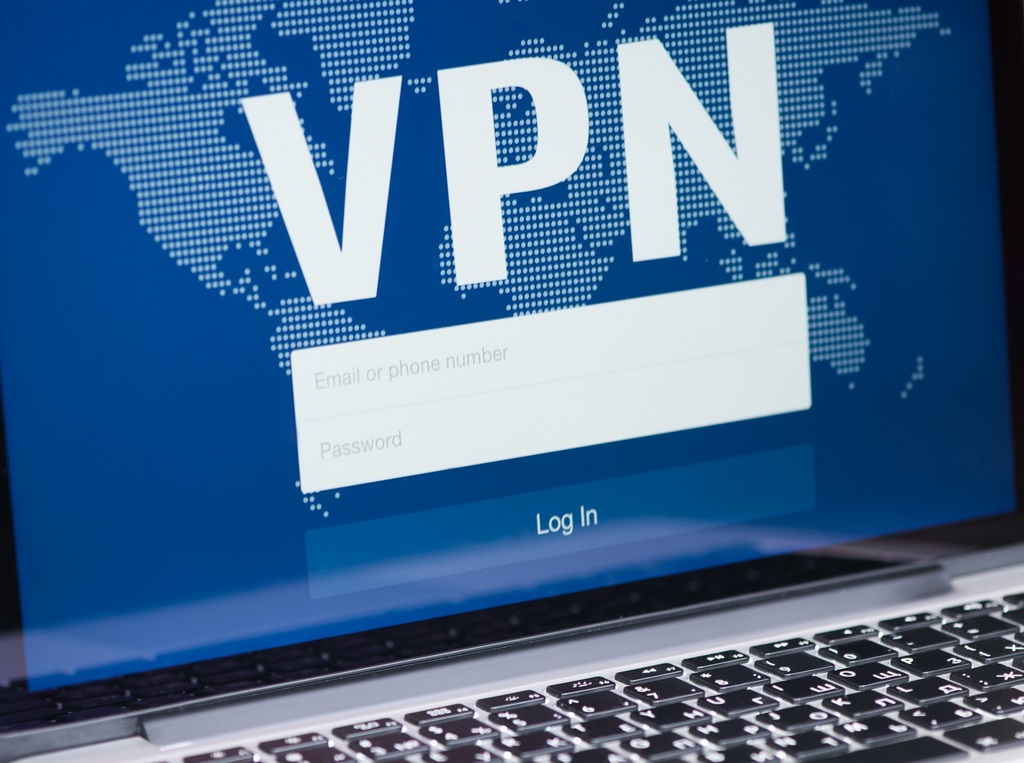
Things change quickly in the digital world, and what was barely even on the radar can become a front and center issue overnight in some cases. Go back 10 years and the issue of privacy in web browsing wasn’t something the vast majority of people paid even the slightest bit of attention to. Nowadays, however, it’s definitely a hot-button topic given all the news that’s come out about web browsing histories and the like being tracked, monitored, and then made available to whoever doesn’t mind paying for information about what people like YOU search for online. Some people don’t have a problem with that. Other people have quite a significant problem with that. If you’re part of the second group there then you may have already switched over to using a web browser like DuckDuckGo or something similar. It’s a fine privacy-promoting web browser in itself, but it’s a bit of a generalist in that it works suitably well across the board but not especially well for any one framework. And that’s where and why Epic coming onto the scene is as noteworthy as it is. It is a Chromium-based browser designed to ensure privacy without giving up anything i speed or functionality. It blocks ads as well as prevents user tracking, and also includes built-in protection against a wide range of surveillance methods cryptocurrency mining scripts among them. It promises to be just what the Doctor ordered for those who think these types of overwatch activities are unacceptable, and here at 4GoodHosting we’re like any other quality Canadian web hosting provider in that we agree with you wholeheartedly. Let’s take a look at what makes this new no-tracking web browser such a good fit and why it promises to be especially well received. Surfers 1 / Watchers 0 It’s fair to say that it’s really a shame that the innocence and carefreeness of using the world wide web to gain information is gone now, and that government agencies, corporations, and malicious hackers lurking in the shadows and taking notes is entirely unacceptable. Even those who aren’t overly incensed at having their privacy violated will almost certainly choose to stay...







